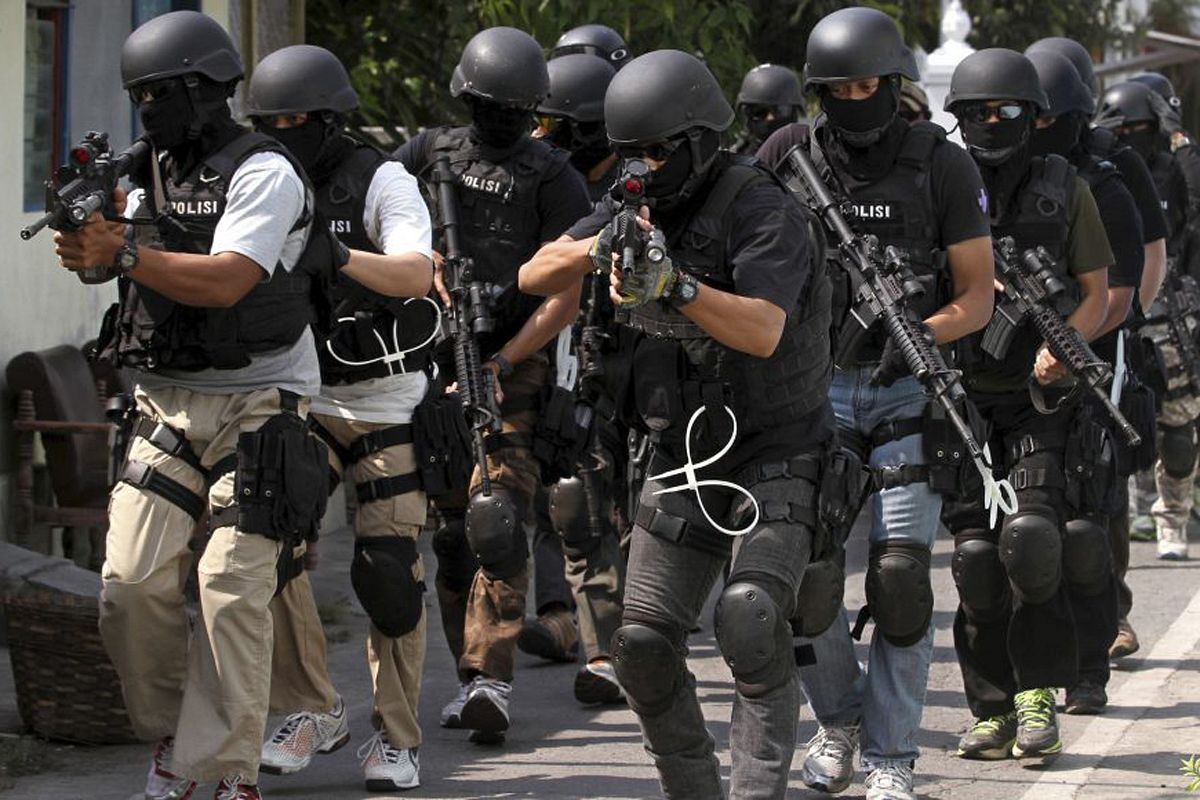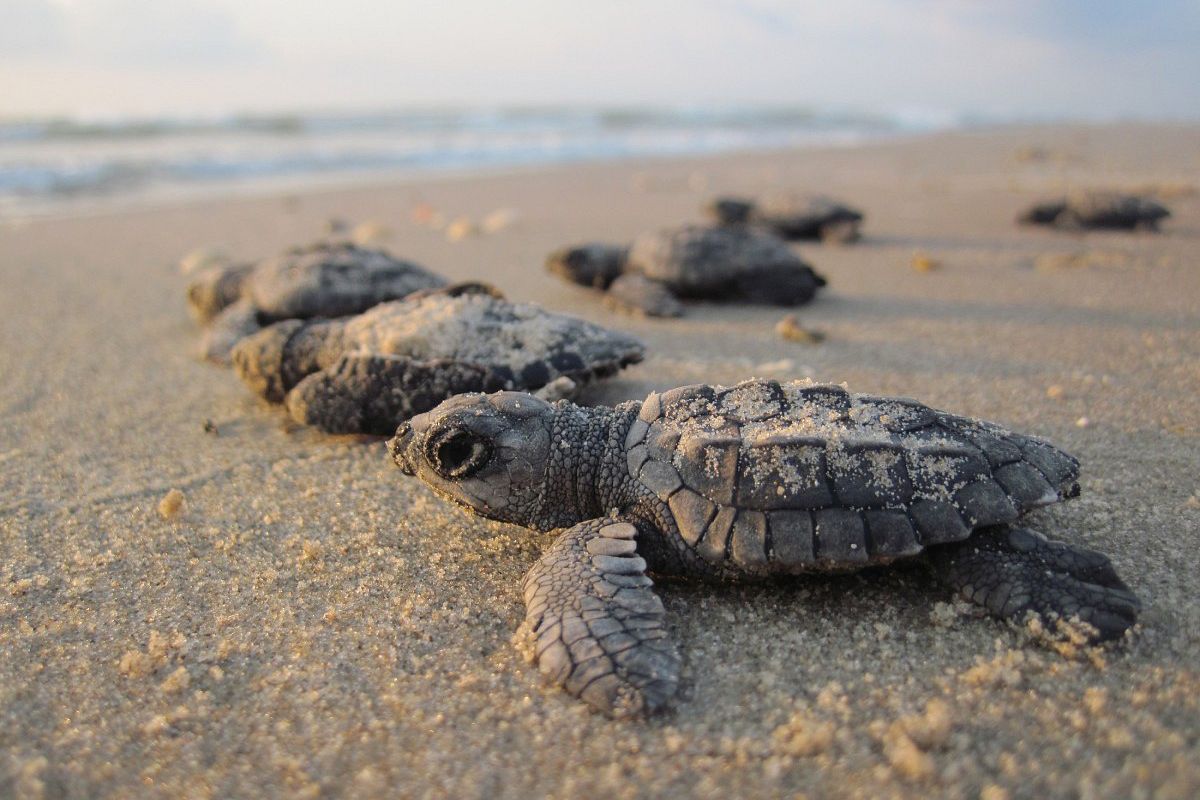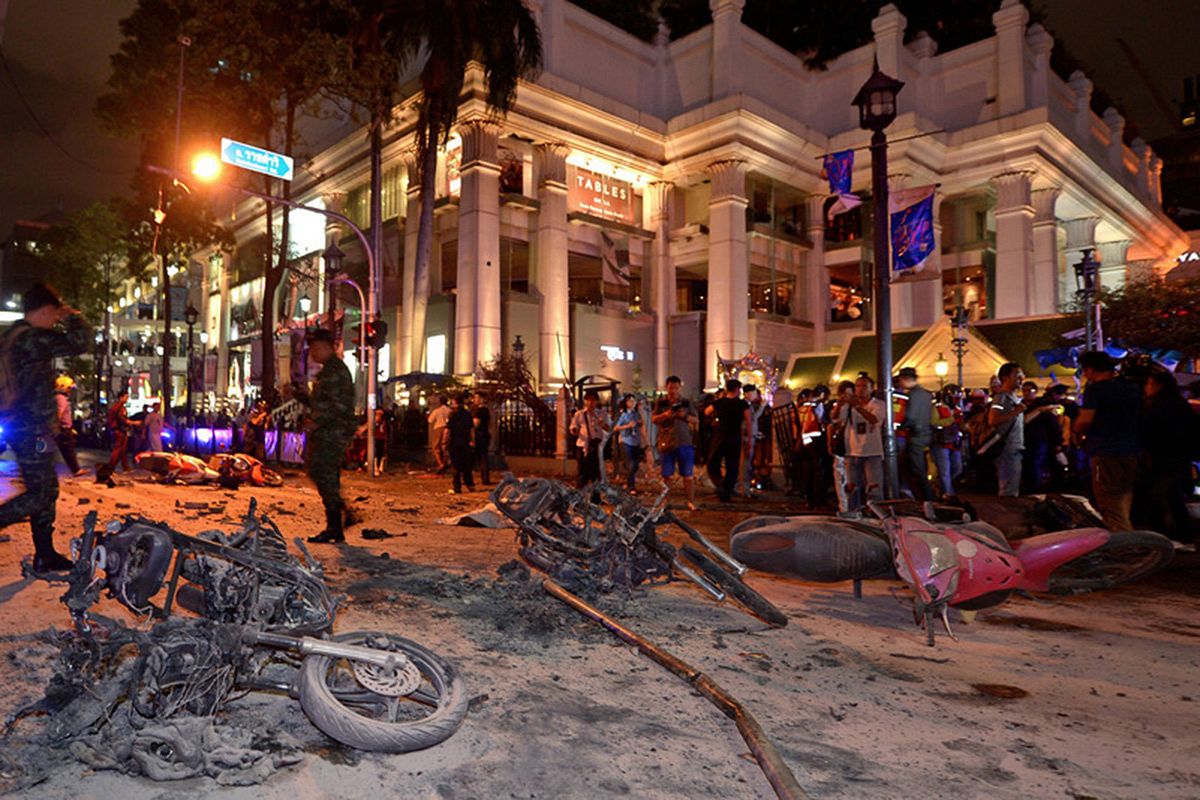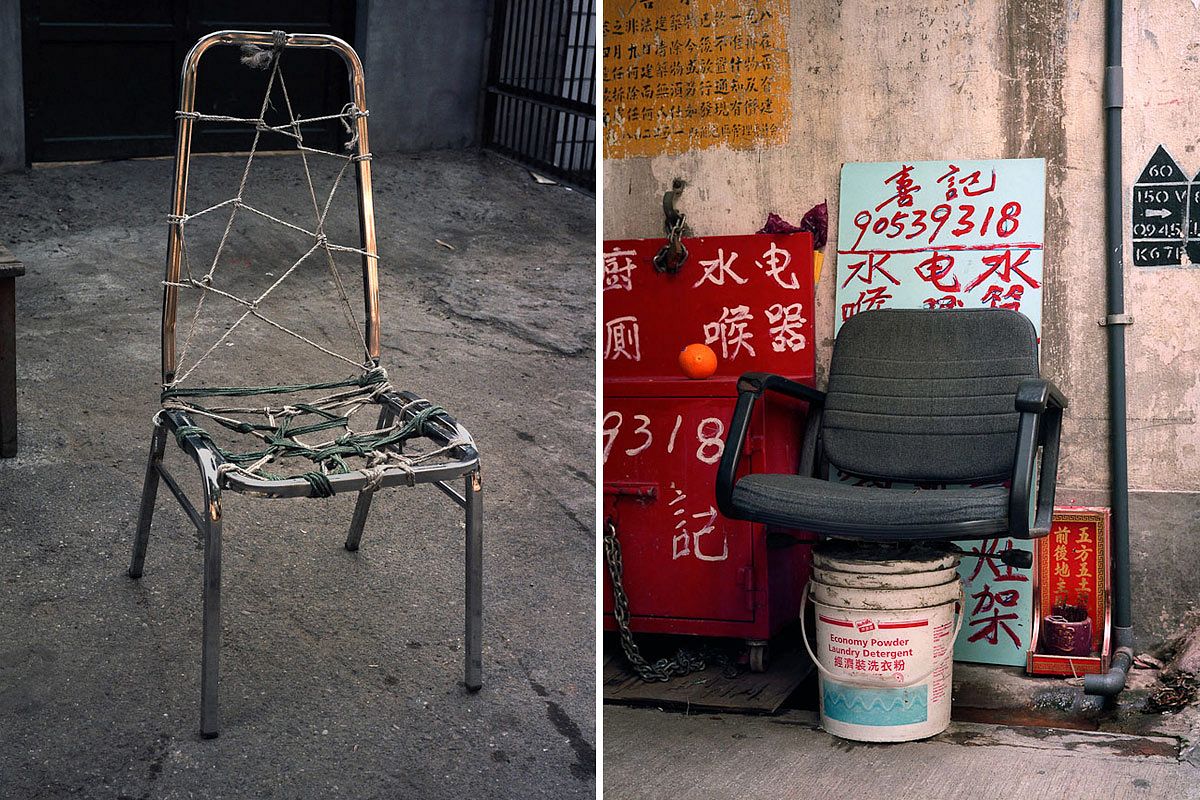As other regions in the world combat the rise of extremist groups, two UN representatives are warning that Southeast Asia could face an uptick in terrorist activities in 2017.
In a recent Bangkok Post article, the UN officials – UN Office on Drugs and Crime (UNODC) regional representative for Southeast Asia and the Pacific Jeremy Douglas and Joseph Gyte, UNODC counterterrorism consultant for Southeast Asia – outlined the need for regional coordination in fighting against the rise of terrorism.
“Without effective collaboration between country members of the Association of Southeast Asian Nations (Asean), it is predicted that the level of terrorist violence will increase further,” the pair writes.
According to Gyte and Douglas, Daesh [the Islamic State] has expressed “great interest” in Southeast Asia, encouraging followers unable to reach Syria or Iraq to join its regional branch in the Philippines. This is due, in part, to the organization’s need to expand elsewhere as it loses territory in the Middle East.
“It is predicted that many foreign terrorist fighters from Southeast Asia now in the Middle East – there are believed to be more than 1,000 – will return home to continue their campaign and potentially declare a caliphate,” the Post article reads.
Political tensions within the region have also contributed to a rise in extremist views. While both Thailand and the Philippines experienced an uptick in attacks by extremist groups, Malaysia experienced its first terrorist attack by Daesh in June of last year when someone threw a grenade into a nightspot in Kuala Lumpur, injuring eight. While this was the first successful attack, Malaysian police had also stopped nine other planned attacks since the declaration of the Islamic State in 2014.

Chaos in Jakarta after a deadly bombing carried out by ISIL. Photo via Al Jazeera.
In Indonesia, too, extremism is on the rise. Last year, the arrests and deaths of terrorist suspects more than doubled to 170, according to the Post, while a deadly attack on Jakarta killed seven people last January.
As the Indonesian capital holds its gubernatorial elections tomorrow, political tensions are also running high among voters. During his campaign, Christian incumbent Basuki Tjahaja Purnama, also known as Ahok, has faced stern criticism from hard-line Muslim groups, who accuse him of insulting Islam in a speech last year.
Ahok’s comments, which cited a verse in the Qur’an warning Muslims against taking Christians or Jews as allies, drew anger from Muslim voters, prompting thousands to take to the streets, reports CNBC. According to the news outlet, Ahok now faces blasphemy charges and is expected to receive a verdict in March.
News sources such as the BBC and Al Jazeera have pointed to this heated political race as a sign of conservative views growing among the general public, while the World Politics Review took a different view.
“The Ahok controversy was a rare opportunity for hard-line Islamists to bring together a variety of anti-Ahok constituencies that shared their concern about the issue itself but did not necessarily support a broader hard-line agenda,” writes the non-profit organization.
The World Politics Review continues: “This is more accurately read as a one-off victory for a small group, rather than a turn toward conservatism in Indonesia as a whole.”
In addition to these growing political tensions, Daesh has also focused on the persecution of Rohingya Muslims in Myanmar – a UN official accused the country of conducting ethnic cleansing against the Rohingya late last year – as both a recruitment tool and a means of legitimizing its mission. Taken with Southeast Asia’s porous borders and smuggling networks, Douglas and Gyte argue these developments pose a serious threat to regional security.
Dr. Joseph Chinyong Liow, senior foreign policy fellow at the Brookings Institution’s Center for East Asia Policy Studies, echoes much of this concern. In a hearing before the United States’ House Subcommittee on Counterterrorism and Intelligence in April of last year, Dr. Liow pointed out the potential danger of a rise in terrorist activity but also reminded American leaders that Southeast Asia is not new to terrorism, having faced several attacks around the region since 9/11.
Moving forward, Douglas and Gyte urged regional leaders to develop a collaborative plan that includes monitoring and regulating movements across borders and transnational networks; building adequate legal frameworks; and improving collaboration and intelligence sharing. Dr. Liow also pointed out that regional governments “must equally be prepared to evolve with the threat in terms of counterterrorism strategies, narratives, and cooperation”.
[Photo via Asian Correspondent]














